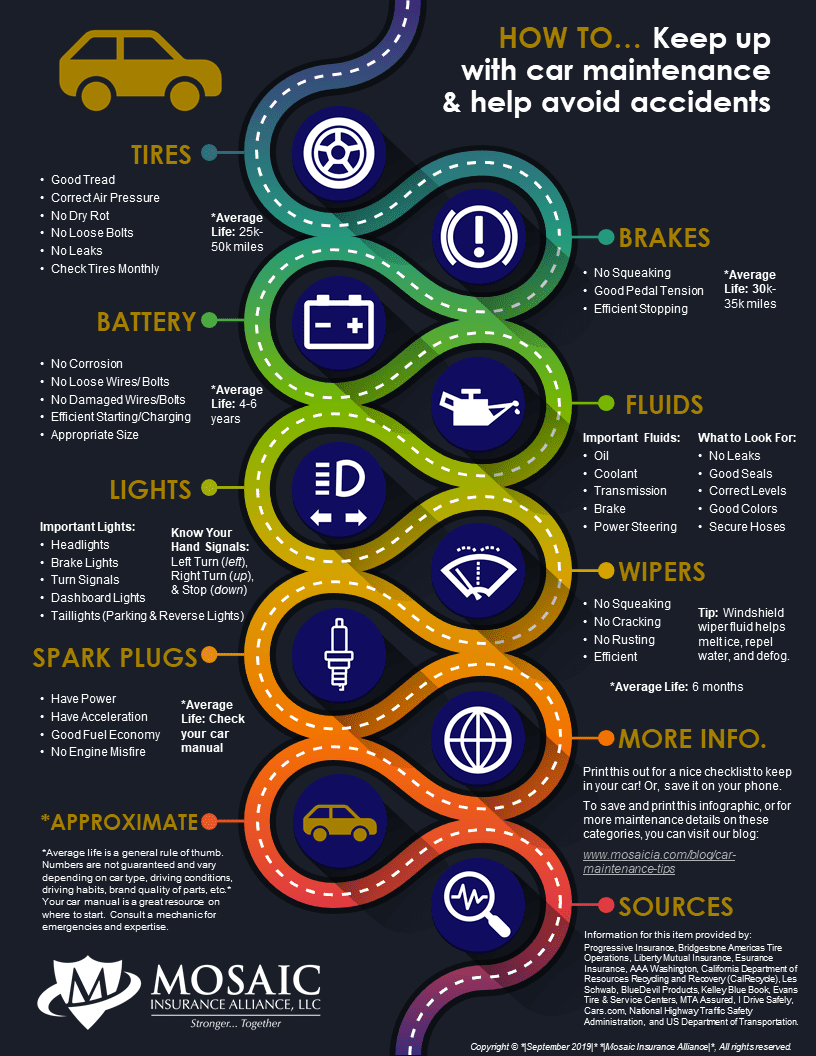Index Surge: Amplifying Your Insights
Stay updated with the latest trends and news across various industries.
Keep Calm and Change Your Oil
Discover the secrets to a smoother ride! Learn why regular oil changes are essential for your car's health and longevity. Don't miss out!
5 Signs It's Time to Change Your Oil
Knowing when to change your oil is crucial for maintaining the health of your vehicle. Here are five signs that indicate it’s time to make that change:
- When your oil looks dark and gritty, it likely contains contaminants that can harm your engine.
- If your oil change light has turned on, it’s an important reminder that it’s time for maintenance.
- A decrease in fuel efficiency may suggest that the oil is no longer doing its job effectively.
- Noisy engine sounds can be a result of insufficient lubrication from old oil.
- Lastly, if you notice a burning smell, it could indicate that your oil is overheating and breaking down.
Staying vigilant for these signs can significantly prolong the life of your engine and improve your vehicle's overall performance. Regular oil changes are a simple yet effective way to ensure that your car runs smoothly. Ignoring these indicators could lead to costly repairs in the future, so make sure to keep a close eye on your vehicle’s oil condition and consult with a professional if you notice any concerning symptoms.

The Benefits of Regular Oil Changes for Your Engine
The benefits of regular oil changes for your engine are numerous and significant. First and foremost, fresh oil helps to keep your engine clean and lubricated, reducing the buildup of sludge and deposits that can affect performance. Regular oil changes can also improve your vehicle's fuel efficiency, as clean oil enables the engine to run more smoothly. Moreover, changing your oil at regular intervals can extend the lifespan of your engine, potentially saving you thousands of dollars in costly repairs down the road.
Additionally, routine oil changes promote better engine performance and reliability. When your engine operates with fresh oil, it minimizes friction between moving parts, enhancing overall efficiency and power. It's also worth noting that many vehicle manufacturers require proof of regular oil changes to maintain warranty coverage, making this simple maintenance task crucial for avoiding future complications. Therefore, prioritizing regular oil changes not only safeguards your engine's health but also contributes to a smoother and more enjoyable driving experience.
How Often Should You Really Change Your Oil?
Changing your oil regularly is crucial for maintaining the health and performance of your vehicle. While the conventional wisdom has been to change your oil every 3,000 miles, advancements in engine technology and oil formulation have led many manufacturers to recommend intervals of 5,000 to 7,500 miles for synthetic oils. That said, the frequency of oil changes can also depend on driving conditions; for example, if you frequently drive in heavy traffic, tow heavy loads, or drive on hilly terrain, you may need to change your oil more often.
To determine the best interval for your specific vehicle, consult your owner's manual for the manufacturer's recommendations. Additionally, pay attention to warning signs such as a drop in oil pressure or a change in oil color, which can indicate that it’s time for a change. Keeping track of your oil change schedule not only prolongs the life of your engine but also ensures optimal performance, leading to a smoother driving experience and improved fuel efficiency.